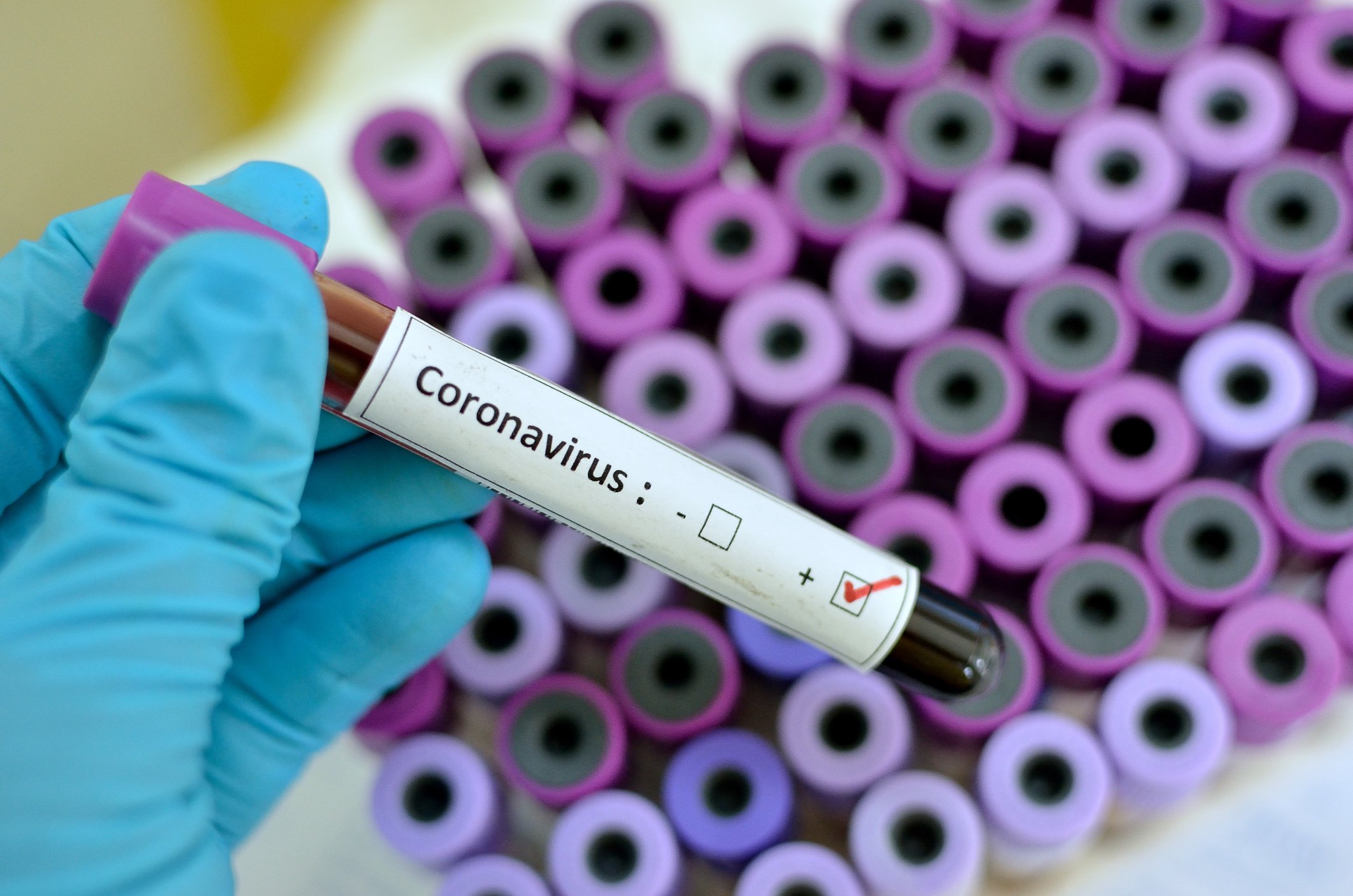FDA Commissioner Stephen Hahn stated last week in testimony before a U.S. House of Representatives appropriations subcommittee that there could be supply chain issues with reagents needed for novel coronavirus diagnostic kits. He noted that the supply issues specifically apply to RNA used in testing for coronavirus disease COVID-19.
Why RNA supply matters
With COVID-19 diagnostic kits developed by the Centers for Disease Control and Prevention (CDC), oral swabs or nasal secretions are first obtained. The kits use RNA, which is similar to DNA but contains only a single strand instead of two strands like DNA, to make a copy of the DNA of the novel coronavirus. This same process is used in diagnostic tests for viruses other than the coronavirus that causes COVID-19.

Image source: Getty Images.
If supplies of RNA run low, there won't be as many COVID-19 diagnostic kits available for testing patients. But while Hahn said last week that an FDA group is working non-stop on the issue of RNA supply, he didn't point-blank say that a shortage exists right now.
Ramping up
Several companies make COVID-19 diagnostic tests. Qiagen (QGEN +1.98%), which is based in Germany, acknowledged that the increased demand was presenting a challenge to its capacity. However, the company boosted its production by 70% last week. Qiagen interim CEO Thierry Bernard stated in an interview that "there is no rupture of supply" at this point. U.S.-based Thermo Fisher Scientific (TMO +0.45%) announced earlier this month that it's acquiring Qiagen for $11.4 billion.






